Stories From Academia: Georgia Southern’s Women In Research Soar
It wasn’t until 1965 that all women could legally vote. Four years prior to that, Geraldyn “Jerri” Cobb became the first woman to pass astronaut testing. Twenty years later, Sally Ride was the first woman in space. And according to data from the Education Data Initiative, female graduates have outnumbered male graduates since 2015.
The theme of 2023’s Women’s History Month is Celebrating Women Who Tell Our Stories. At Georgia Southern University, many stories can be told about academic excellence and being innovative in the ways research impacts the local and global community. Seven women were selected to represent the story of academic excellence at Georgia Southern. These women were selected for their diverse backgrounds and research focus areas, and they represent a slice of what the mission statement at Georgia Southern is and what the university has to offer students and partners around the globe.
They are as diverse as they are united in their common goals: to educate, to impact and to soar.
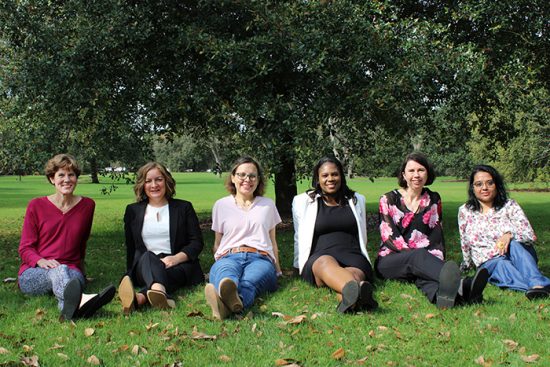
Asli Aslan, MSc, Ph.D.
Associate Professor
Department of Biostatistics, Epidemiology, and Environmental Health Sciences
Jiann-Ping Hsu College of Public Health
Director of the Institute for Water and Health
Dr. Asli Aslan is the Founding Director of the Institute for Water and Health. She is also an Associate Professor of Environmental Health Sciences at Georgia Southern University since 2013. Her current research quantifies microbial and chemical hazards and exposures in the coastal environment, household systems, private and community wells, and defines the most appropriate water treatment interventions. She has been serving in various state and federal agencies and organizations as an advisor, reviewer, scientific committee member, and affiliated faculty. She is the co-founder and currently co-chair of the Water and Health Committee of the American Public Health Association.
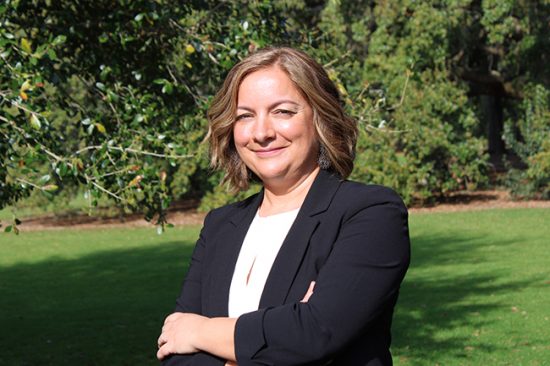
Water is life! Everything I do in water research has a direct impact on public health and ecosystem sustainability. My research has direct implications for people today and generations in the future. We have so many challenges related to water. Factors such as increasing population and sea-level rise mean more demand for access to safe water. Our aging water and wastewater infrastructure, extreme weather, and emerging waterborne diseases only exacerbate these problems. Water research has environmental justice element because people who are underserved are more vulnerable to associated risks. These are global issues and are also relevant to us here in Georgia.
Dr. Aslan
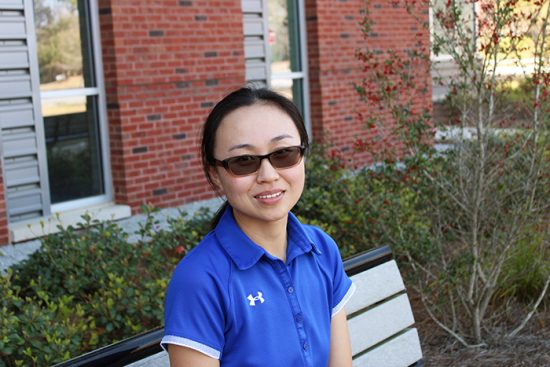
Jingjing Qing, Ph.D.
Assistant Professor
Department of Manufacturing Engineering
Allen E. Paulson College of Engineering
Dr. Jingjing Qing’s research interests include materials characterization, ferrous metal casting, metal solidification, solidification simulation and optimization, material mechanical testing and metal failure analysis. Her expertise includes metallography of ferrous metals and non-ferrous metals and material characterization using scanning electron microscopy (SEM), electron back scattered diffraction (EBSD), focus ion beam (FIB), and transmission electron microcopy (TEM).
I got interested in my field from seeing my dad working in his shop when I was young. I wanted to build stronger components to be used on my dad’s excavators.
Dr. Qing
Laura Stambaugh, Ph.D.
Professor and Head of Music Education
Fred and Dinah Gretsch School of Music
College of Arts and Humanities
Dr. Laura Stambaugh’s primary research agenda examines the development of automaticity in playing instruments, largely through motor learning perspectives. Her book, Music and the Brain for Musicians, was published in 2022, and she has presented at conferences including state music education conferences in Georgia, South Carolina, and Washington; NAfME: National Association for Music Education; the International Conference for Music Perception and Cognition (Sapporo, Japan; Seattle; San Francisco); and the International Symposium on Performance Science (Vienna, Toronto, Auckland). Dr. Stambaugh’s research appears in Journal of Research in Music Education, Psychology of Music, Psychomusicology, Journal of Music Teacher Education, Update: Applications of Research in Music Education, and Social, Cognitive and Affective Neuroscience. Her teaching articles are found in Music Educators Journal and Teaching Music.
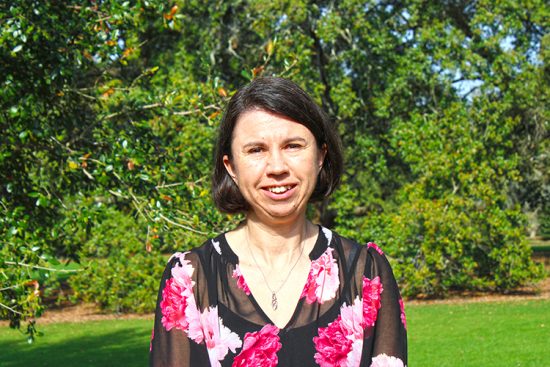
When I used to teach middle school band, one of the best parts of that job was when beginners became able to play the notes without having to stop and think about which fingers to put down. When that happened for them, it brought a lot of joy and confidence. I appreciated that, but I also wanted to know how does that happen in the brain? Why couldn’t they do that yesterday, but now they could do it today? So, one of my motivations is simply wanting to understand how the brain learns the complex task of being a musician.
Dr. Stambaugh
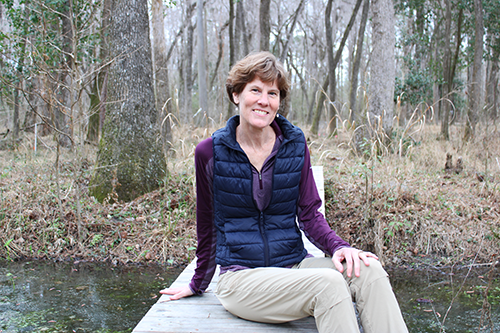
Lissa Leege, Ph.D.
Professor
Department of Biology
College of Science and Mathematics
Growing up in the sand dunes of Lake Michigan, Dr. Lissa Leege majored in biology where she took an interest in plants. She believes understanding the ecology behind the environmental problems of today is the first step of fixing them. Throughout her career, this has been her focus. Her research focuses on conservation and restoration ecology with regards to plant population and community ecology and threats to biodiversity in a variety of ecosystems. In particular, she is interested in the ecology of rare and invasive plants and how they interact to influence each other’s population dynamics.
My research program has always been focused on threats to natural systems, with an eye toward developing management recommendations to help solve these problems. This is one positive thing I can contribute to the world as a part of my profession, and further engaging my students and the general public in learning how to solve these problems is another way to give back. The only way we can overcome the environmental challenges that we face is by digging in to help solve them: through educating, conducting research, and serving the public with that information, so this is where I have focused my research energy.
Dr. Leege
Mariana Saenz, Ph.D.
Associate Professor
Department of Economics
Parker College of Business
Economic Development and Applied Econometrics
Dr. Mariana Saenz is an associate professor of economics at Georgia Southern University. She completed her Ph.D. in economics and statistics at the University of Nebraska–Lincoln. Saenz holds an MS in statistics from the University of Nebraska–Lincoln, an MS in finance and economics from West Texas A&M University, and a BS in industrial engineering from Universidad de los Andes at Bogotá, Colombia. Her research interests are in applied econometrics, economic development, and international economics. Saenz’s research has been presented at the Allied Social Science Associations Annual Meetings, the Agricultural and Applied Economics Association Annual Meetings, the Southern Economic Association Annual Meetings, and the Southwestern Society of Economics Annual Meetings. Her teaching experience includes courses in international economic development, regional economic development, international finance, principles of macroeconomics, principles of microeconomics, and introduction to international economics.
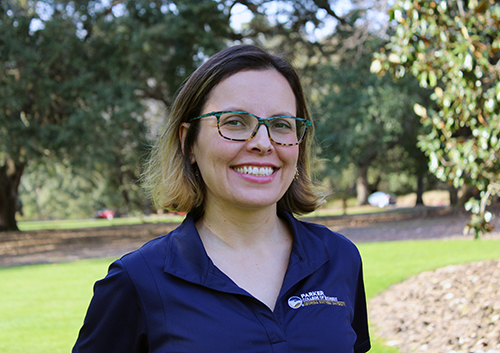
I am the first researcher to provide estimates of the size of Trade Based Money Laundering flows in Europe. TBML is an area that has not been studied as much because reliable data is scarce. My research in TBML is an excellent example on how my statistical background has helped me to find answers to problems not well understood previously.
Dr. Saenz
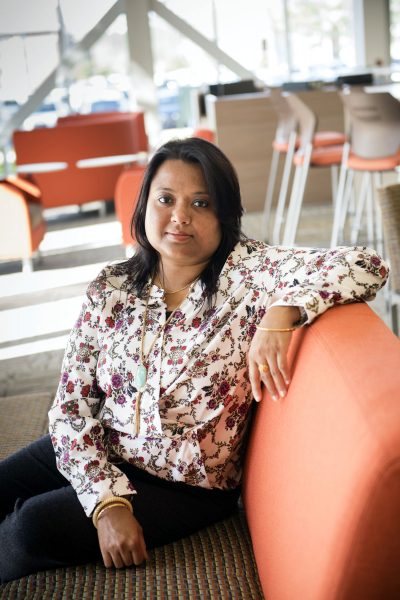
Nalanda Roy, Ph.D.
Associate Professor
Department of Political Science and International Studies
College of Behavioral and Social Sciences
Inclusive Excellence Faculty Fellow, Office of Inclusive Excellence
Dr. Nalanda Roy is an Associate Professor of International Studies and Asian Politics in the Department of Political Science and International Studies at Georgia Southern University (Armstrong Campus). Dr. Roy is the Adjunct professor with the Fore School of Management, New Delhi. She is the associate editor of the Journal of Asian Security and International Affairs, and serves as the board member for International Studies Review, The Royal Society for Asian Affairs, Perspectives on Global Development and Technology, South Asia Survey, etc. She has published five books titled Bitter Moments- The Story of Indonesian Fragmentation, The South China Sea Disputes- Past, Present, and Future, Exploring the Tripod: Immigration, Security, and Economy in the Post-9/11 United States, Navigating Uncertainty in the South China Sea Disputes: An Interdisciplinary Perspective, and Nonviolent Resistances in the Contemporary World: Case Studies from India, Poland, and Turkey. Nalanda was the Chair of the Asian committee and on the board of directors with the City of Savannah and worked for the Greater Savannah International Alliance.
In 2022, I initiated the idea and collaborated with GSU library and launched the archive An Integral History: Asian Studies Digital Archive, which provides a curated collection of multi-disciplinary resources in support of the Asian American and Pacific Islander community. The collection represents faculty and student research, community resources, and campus events. It includes books, photos, videos, theses and dissertations, articles, flyers, and more. The archive is celebrating one year anniversary this year and will be available with several updates and information.
Dr. Roy
Tilicia Mayo-Gamble, Ph.D.
Associate Professor
Department of Health Policy and Community Health
Jiann-Ping Hsu College of Public Health
Provost Faculty Research Fellow
Dr. Tilicia Mayo-Gamble’s area of research is the application of community and patient engaged approaches to reduce healthcare disparities and improve healthcare interactions for African Americans with sickle cell disease and other chronic conditions. As a community and patient engagement researcher, she conducts research alongside individuals with a lived disease experience. In this type of research, it’s a collaborative effort between the healthcare end-user (patients and community members) and the academic partner (researcher). She fills gaps in patient care that are only possible through integrating the patient voice into the research.
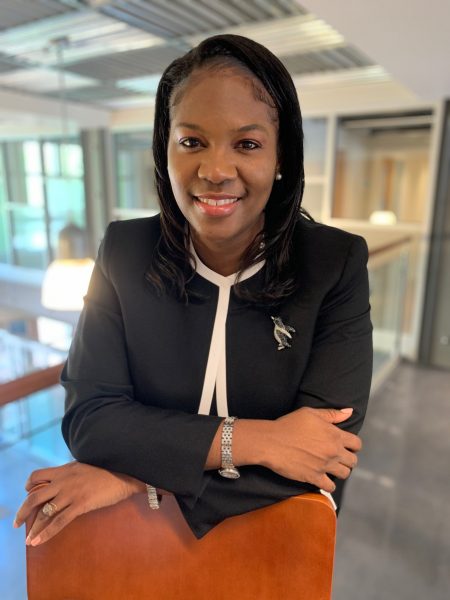
When the goal of research is to is to improve the health and lives of marginalized populations, it’s not sufficient to have a successful research agenda. You must be an active participant in setting the research agenda. I am well-positioned to leverage my platforms to share patient and community narratives to improve healthcare and champion for research that closes gaps in real-world patient needs. My contribution to the dialogue is to bring the faces and personal anecdotes to the table so that people are not reduced to numbers and figures. The duality of serving in these roles is that it positions, as an academic, to me to better ascertain grant opportunities to sustain to my research trajectory.
Dr. Mayo-Gamble
Last updated: 3/6/2023
